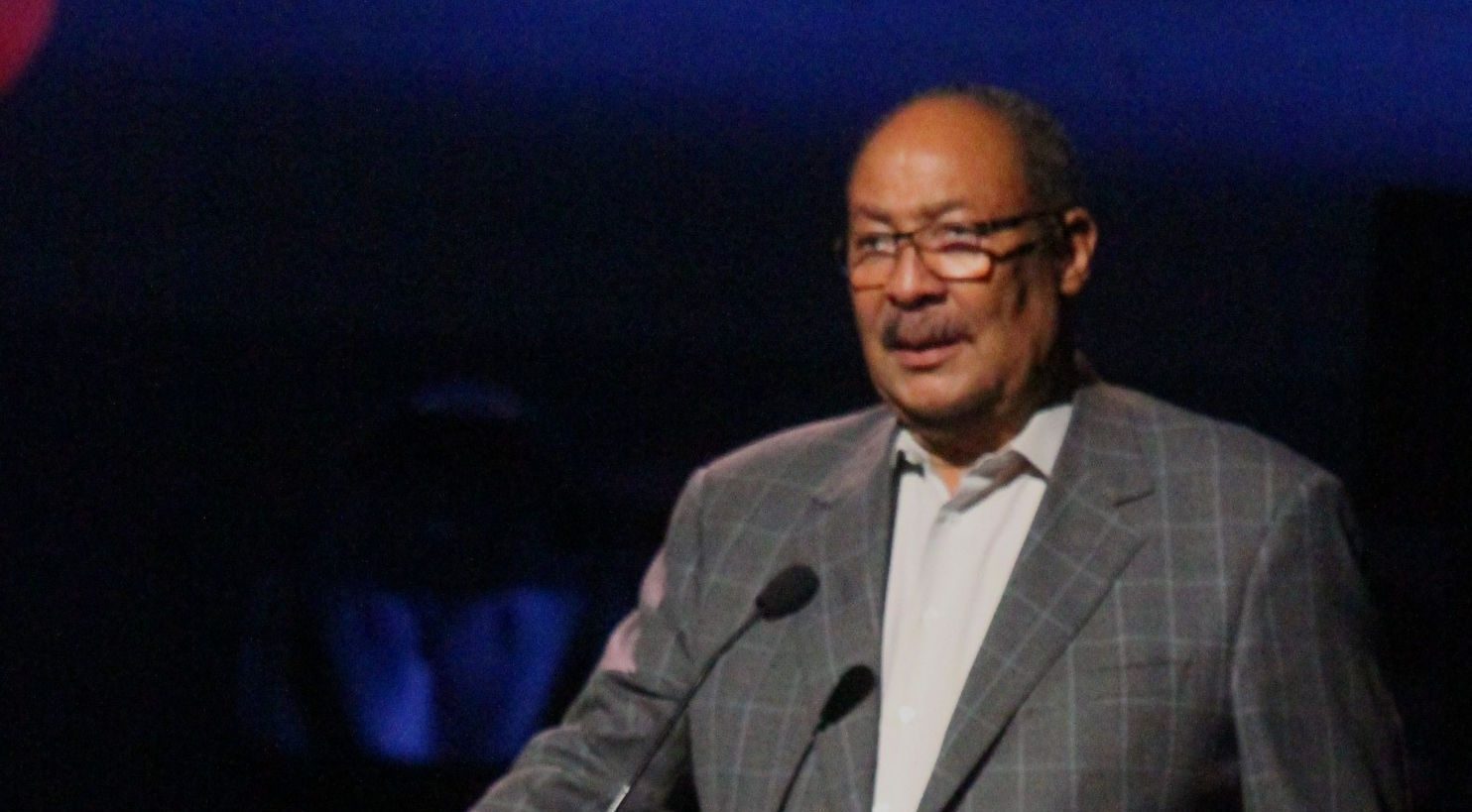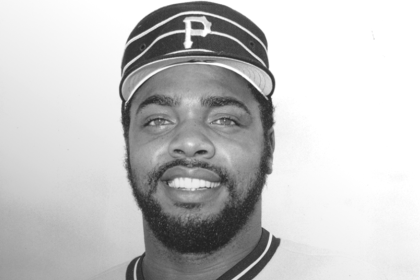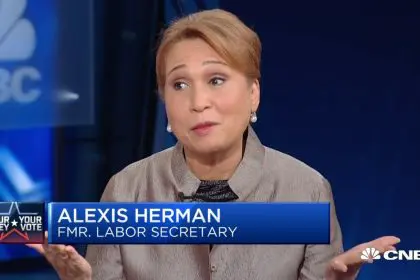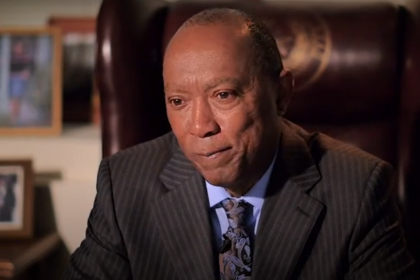Richard D. Parsons, who transformed some of America’s largest companies during times of crisis while championing diversity in executive leadership, died Dec. 26 at his Manhattan, New York home. He was 76.
Throughout his distinguished career, Parsons demonstrated an exceptional ability to navigate complex corporate challenges while maintaining his authenticity and commitment to increasing representation in business leadership. His approach centered on building bridges between different perspectives and finding innovative solutions to seemingly insurmountable problems.
As CEO of Time Warner and later AOL Time Warner, Parsons expertly steered the media giant through the aftermath of what many consider one of the most challenging mergers in corporate history. His steady hand and strategic insight helped stabilize the company during a period of intense market volatility and technological disruption.
From Brooklyn to the boardroom
Parsons’ journey began in Brooklyn, where his intellectual gifts became apparent early on. After graduating high school at 16, he attended the University of Hawaii, majoring in history. His professional path started in public service as an aide to Nelson A. Rockefeller before earning his law degree from Albany Law School.
His business acumen emerged during the savings-and-loan crisis of the 1980s when he successfully rescued Dime Bancorp from collapse. This achievement marked the beginning of a career defined by an ability to transform struggling organizations into stable enterprises.
Creating lasting change
During the 2007-08 financial crisis, Parsons took the helm at Citigroup as chairman, demonstrating his expertise in crisis management. His leadership style — characterized by calm decisiveness and strategic thinking — proved invaluable during this turbulent period. Later, as interim board chairman at CBS, he helped navigate complex leadership disputes that threatened the company’s stability.
Parsons’ commitment to progress extended beyond corporate success. He co-founded the Equity Alliance following the events of 2020, creating opportunities for entrepreneurs from underrepresented backgrounds. His advocacy for voting rights and social justice demonstrated his understanding that true progress requires addressing systemic barriers at every level.
As a connoisseur of fine wines who owned a Tuscan winery and served as a trustee of the Apollo Theater, Parsons showed that excellence in business could coexist with cultural appreciation and community engagement. His multifaceted approach to leadership emphasized the importance of bringing one’s whole self to every endeavor.
Parsons’ impact on corporate America transcends his impressive resume. His success opened doors for future generations of diverse leaders while proving that effective leadership requires both business acumen and social consciousness. He leaves behind his wife Laura and their three children, Gregory, Leslie and Rebecca, along with a legacy that will continue to influence corporate leadership and social progress for years to come.















